Benefits of meditation and how to start a meditation habit
Unlike what many think, meditation is not meant only for the spiritual people.
Instant connectivity to anyone around the world, and the ability to bring any information you want on your screens just by typing a few words onto your devices have reduced the size of our world.
But what has it done to our inner connectivity?
Are we really in sync with our inner self or just distracted every few seconds?
For most of the people, any time they take a break from an activity, their hands automatically reach for the phone. And it shows distraction to the core.
Do you want to live a more fulfilling life?
Meditation could be the key to it.
I am all for habits that can positively enhance your life and help achieve the success you deserve. And I have found that meditation is one such habit that can change your life in a dramatic way.
Let me explain what meditation is and how to start a meditation habit that can help to change your life.
**This post contains affiliate links. I may receive a small commission at no extra cost to you if you make a purchase through my affiliate link**
What is meditation?
Meditation is a science. It is training your mind to be still, to be conscious of the present moment and focusing inwardly by warding away the incessant mental chatter.
Even though you are awake and fully aware of your surroundings, you choose to focus inward. You do not allow your mind to let anything else disturb your focus.
Wonderful, isn’t it?
Who wouldn’t want to escape the stress of daily life and experience calm?
Mastering your mind is essential to achieve success and meditation is a tool that will help.
This ancient method developed centuries ago in India, helps us to gain control of the mind and produce a sense of well-being.
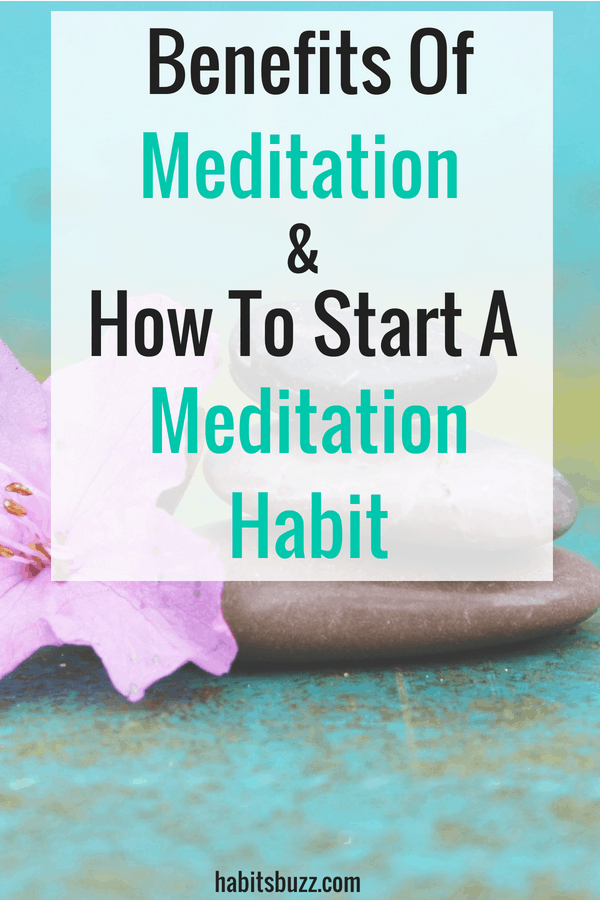
The benefits of meditation and how it can change your life
Ian Gowler, in his book, 48 Creative Meditations, talk about the effects of meditation as:
Meditation is a key to positive thinking. The more often and the more deeply you enter into the simple silence of profound meditation, the more you return to your natural state of balance. The more balanced you are, the more it seems you connect with your own inner wisdom and all it has to offer. This is another reason to recommend you maintain a regular practice of meditation.
There are different types of meditation. Meditation is nothing but observing your thoughts passively. You can focus on any outside object or simply observe your thoughts.
You observe your thoughts and feelings coming and go, detached from them. When you make it a daily practice, you can gradually see changes in your life as well.
You don’t react to situations as you used to. When something or someone angers you, you tend to observe your thoughts calmly.
It raises awareness of how you are feeling in a moment and stay detached from any negative feeling. But unlike common perception, meditation doesn’t make you feelingless, it simply makes you more in control of your emotions.
Often when we react in the heat of the moment, we tend to say things that we don’t mean to. And the worst thing is, we can’t take them back once they are out in the air.
Imagine how good you will feel if you can remain calm in most negative situations. Mediation gives exactly that.
Researchers have proved that meditation changes the response of amygdala (a part of the brain highly involved with different emotional responses). It has been proved before that the response of amygdala to emotional stimuli is lower when a person is in a mindful meditative state.
But this study took it further and has proved that amygdala response to emotional stimuli is lower even when a person is in a non-meditative state.
In short, meditation affects the way our brain processes emotions even when we are not meditating. It has a long-term effect on our emotional responses. It also increases immunity and slows ageing. These are enough reasons to start meditation today.
But I can hear you.
Are you saying that you don’t have enough time to meditate? Or maybe don’t know how to make it a habit.
Let me help you.
How to start a meditation habit from scratch?
If you are a person who has never meditated in life, you can start easily like this.
All you need is two things: a quiet place and 2-3 minutes. You can try this even while you are reading this, now!
Though there are different types of meditation, I am talking about mindfulness meditation here. This is what I practice and my favorite. And it is an easy one to begin with.
Are you ready?
Choose a posture you are comfortable with. You can either sit on a chair or on a cushion on the floor with folded legs. Different kinds of meditation cushions are available in the market today. But if you are a beginner I suggest sitting on a chair. You can even lie down on your back, but only if you’re sure you won’t sleep.
This infographic below will help in getting your posture right.
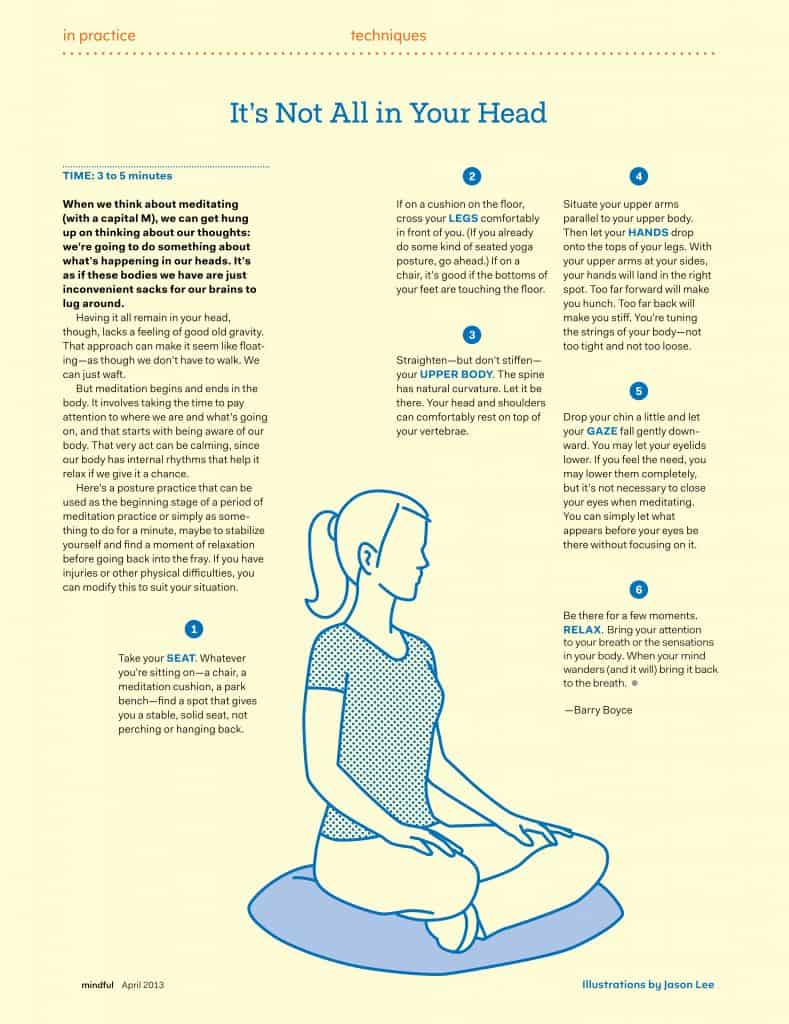
Now, pull out your phone or any timer and set a timer for 2 minutes.
Start focusing on your breath. Take note of each inhale and exhale. Notice how you take breaths. When your mind wanders, gently bring back your attention to breathing. No judgement here or frustration for lack of focus.
Try to stay present with your breathing, not forcefully but gently.
When you catch yourself thinking something else, acknowledge it, but don’t judge. This teaches you to observe your thoughts even when you are not meditating and helps you see things from different perspectives. And it also helps you attain that calm before reacting aggressively to different situations.
Our goal here is to be aware of whatever thought that comes to mind, not removing them.
How to make meditation a habit?
Choose a time when you can practice daily. And set a reminder to do it daily. Start with 2-3 minutes. Be consistent with the practice and slowly increase the time duration.
Choosing a small time duration will help you in establishing the habit. And also, in the beginning, you might not be able to focus for 10 minutes or more.
It is better if you choose a particular time every day and stick with it. It will help you remember the new habit.
When you are trying to form a new habit, there is a possibility of forgetting to do it. Especially if there is no cue associated with it to remind you.
I do my meditation practice right after journaling at night. So writing in my journal is my cue here.
I have been journaling for almost a year now. So it is an established habit. Thus I remember my meditation habit too. You too could associate it with some established habits like
- Right after brushing teeth in the morning
- Right before going to bed
- When you reach home from work
- Before meal
Related:
- 10 reasons journal writing will transform your life
- How to start a bullet journal in easy steps even if you aren’t artistic
You can also keep visual reminders by writing on post-it notes and sticking on your fridge or mirror; the places you are likely to pass by daily.
There you are, you have enough information to start a meditation routine.
What are the challenges you face while meditating? Or even when trying to establish any habit? Let me know about it in the comments below.
If you love what you are reading, please take a moment to PIN and SHARE!
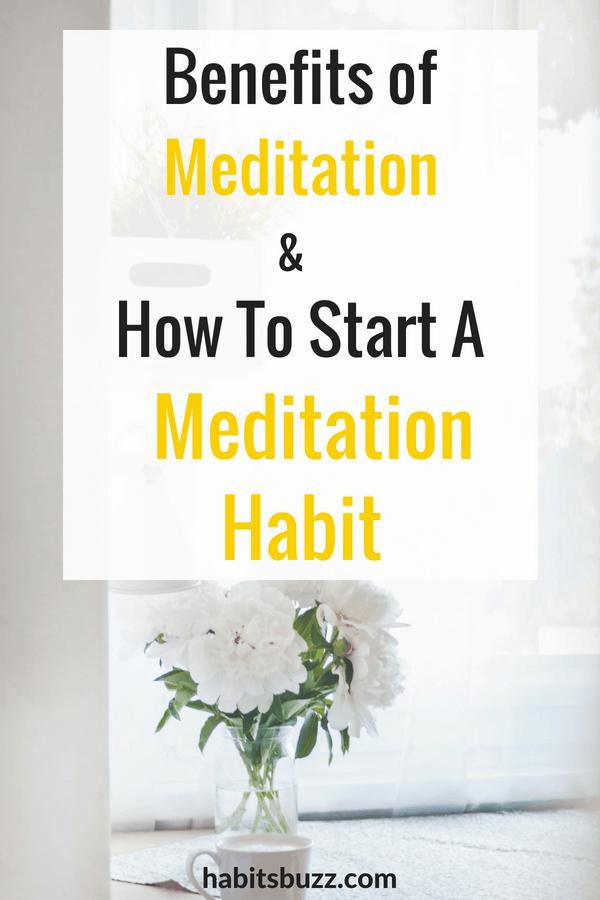

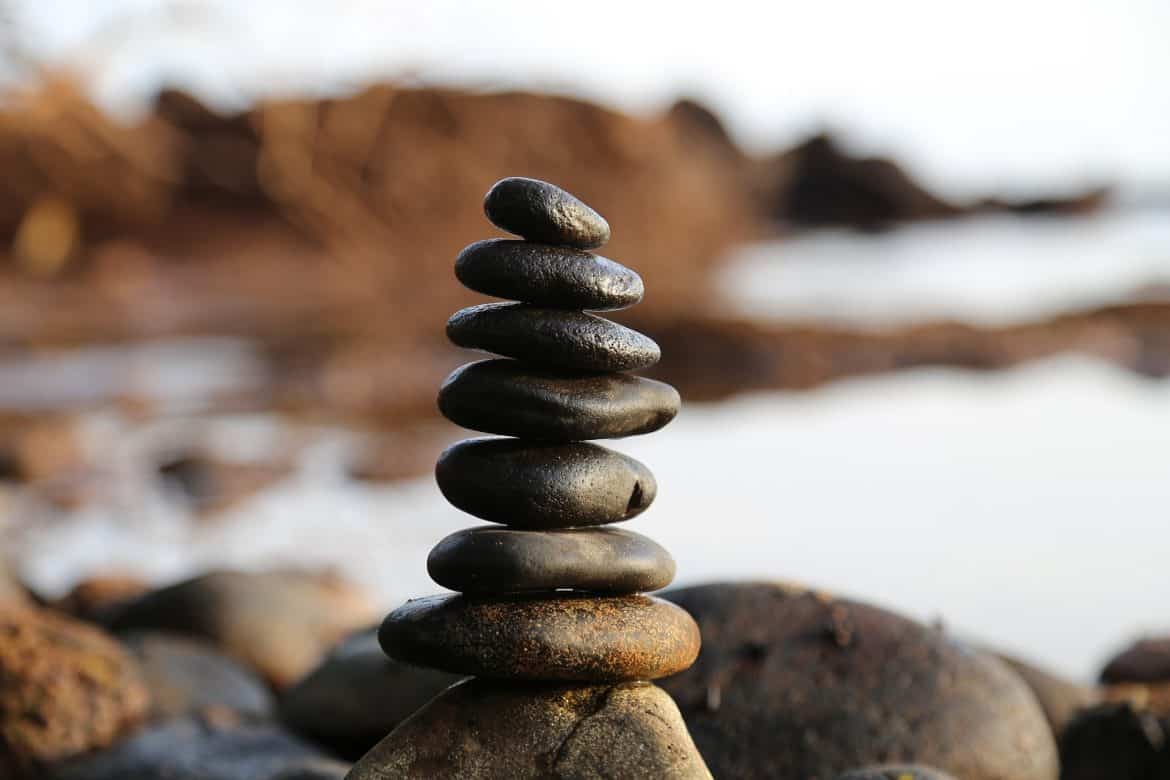
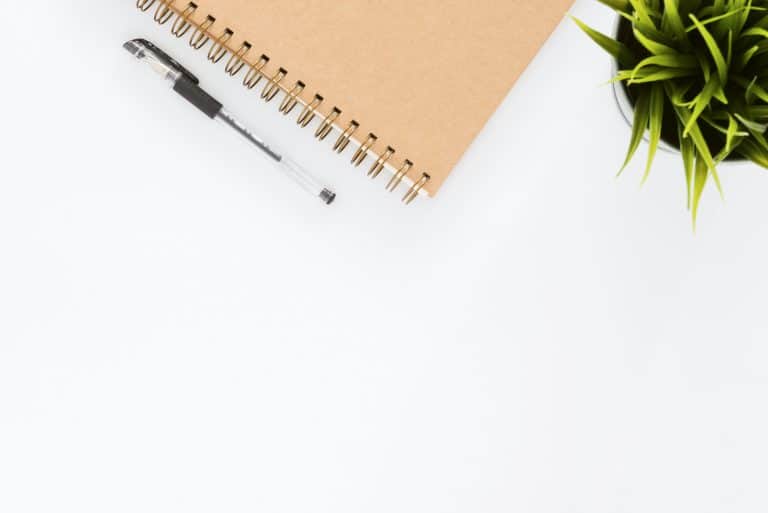
One Comment